When politicians start talking about ethics, it is accompanied by a desire to influence journalistic standards, which should be regulated exclusively by internal decisions of journalist self-organization bodies.
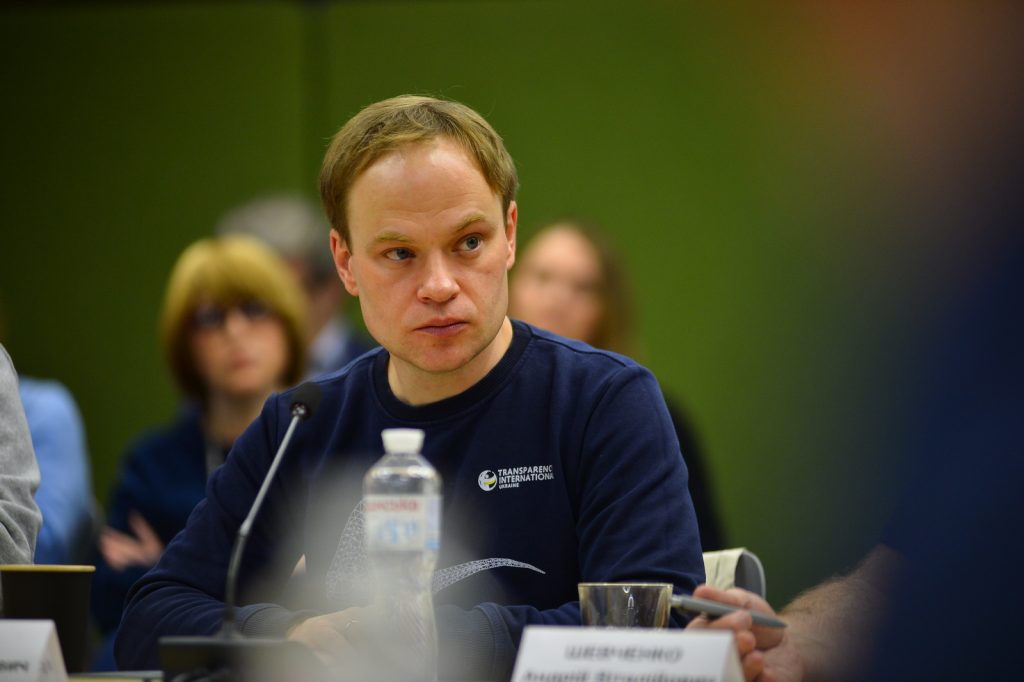
Yaroslav Yurchyshyn, the head of the Verkhovna Rada’s Committee on Freedom of Speech, emphasized this, opening the roundtable meeting Journalistic Standards And Professional Ethics In War Conditions organized by the Committee on February 28.
He called the activity of the journalistic community in matters of self-regulation and adequate use of professional standards critically important.
According to the head of the Committee, the key issue is the introduction of access to information in the conditions of a “pandemic of security restrictions” by such specialized bodies as the National Council on Television and Radio Broadcasting and the Commission on Journalistic Ethics.
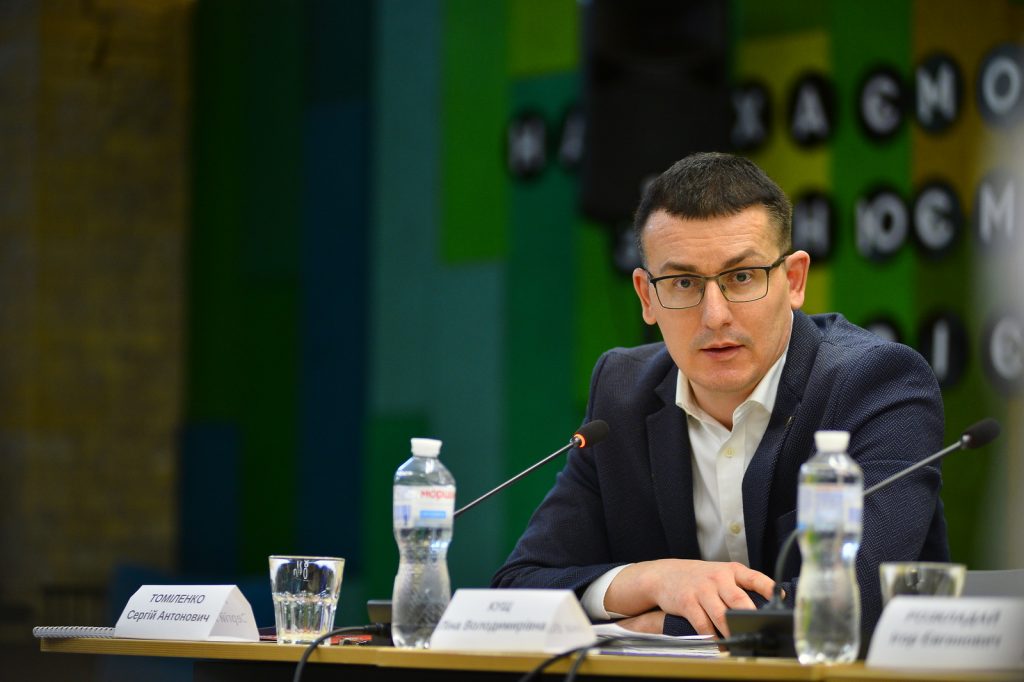
The President of the National Union of Journalists of Ukraine (NUJU), Sergiy Tomilenko, focused on the problems of observing journalistic ethics in the conditions of war. In particular, he noted that adhering to journalistic standards in the occupied territories means being imprisoned. At least 26 journalists are currently being held captive by Russia.
“Russia imprisons and punishes for journalistic standards,” said Sergiy Tomilenko.
He also added that the remote collection of information from the front-line areas (via phone, messengers), which is currently practiced by journalists for security reasons, of course, affects the quality of journalistic materials.
“Instead, local media produce high-quality, professional journalistic materials. This is not second-rate journalism but, to some extent, invisible journalism,” said Sergiy Tomilenko, adding that the NUJU and its international partners have helped revive 30 local publications (newspapers) in the front-line territories.
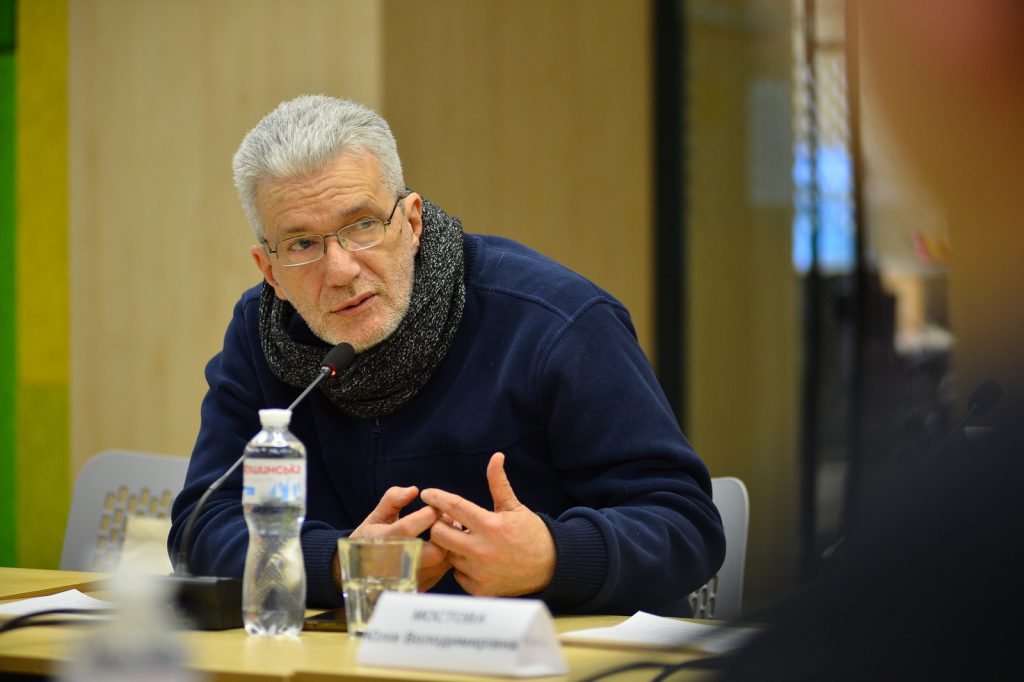
Andrii Kulikov, the head of the Commission on Journalistic Ethics, also spoke about the importance of diversifying the ways of informing in war conditions.
“It is too early to hide the printed press and radio! The large-scale invasion and our full-scale resistance to it emphasized the need to use every opportunity to talk to people,” he noted.
Andrii Kulikov emphasized the standard of timeliness, which is gradually being replaced by promptness. He also raised the key issue of the interests of security and freedom of speech because these components are “necessary for a safe society, but at the same time can exist only in a safe society.”
“We should pay particular attention to self-regulation as the basis of responsible and high-quality journalism… Press cards, in my opinion, should be issued by a coalition of independent journalistic organizations, which is also recognized by state bodies. The sale of journalist credentials disguised as public organizations poses a threat to national security,” Andrii Kulikov added.
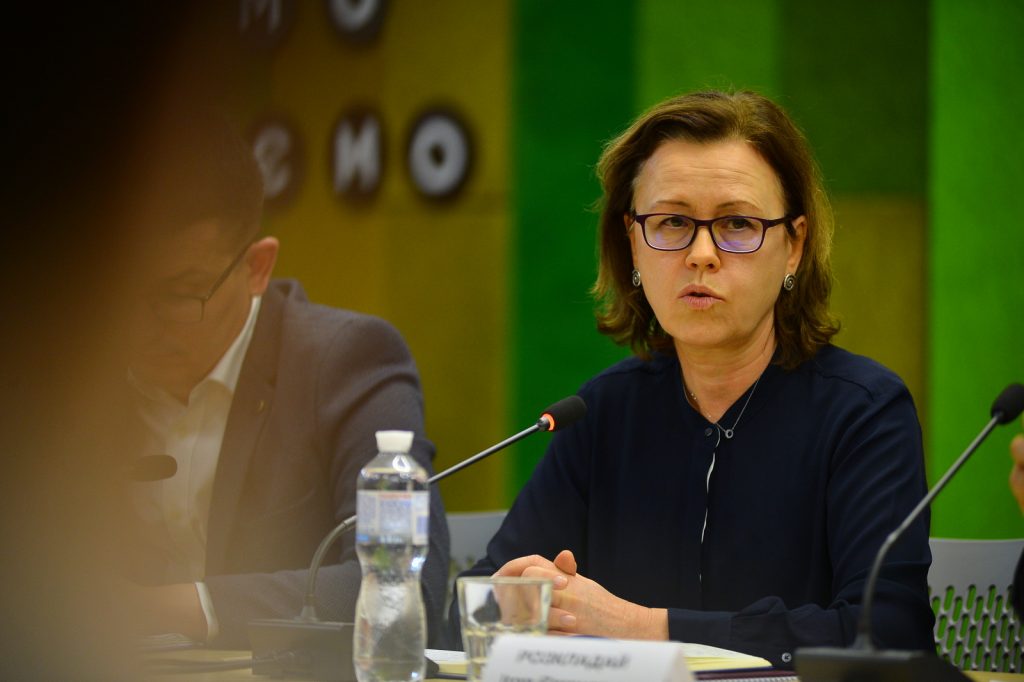
The First Secretary of the NUJU, Lina Kushch, drew attention to ethical challenges, self-censorship, and the lack of a government program to draw attention to sensitive but socially important topics.
“All this hinders the work of journalists,” she said. “For example, when it comes to survivors of war-related sexual violence, residents of occupied territories, prisoners of war, civilian prisoners, veterans, etc.”
Lina Kushch also spoke about the practice of depriving of NUJU‘s membership for non-compliance with journalistic ethics:
“In such cases, we appeal to the regional organizations of the Union, which conduct the admission and expulsion of Union members, so that at the meeting of the board, they consider the issue of compliance with the code of ethics by certain journalists. Although such a collective decision does not always mean expelling from the Union, this person will receive an assessment of their performance from his colleagues,” added the First Secretary.
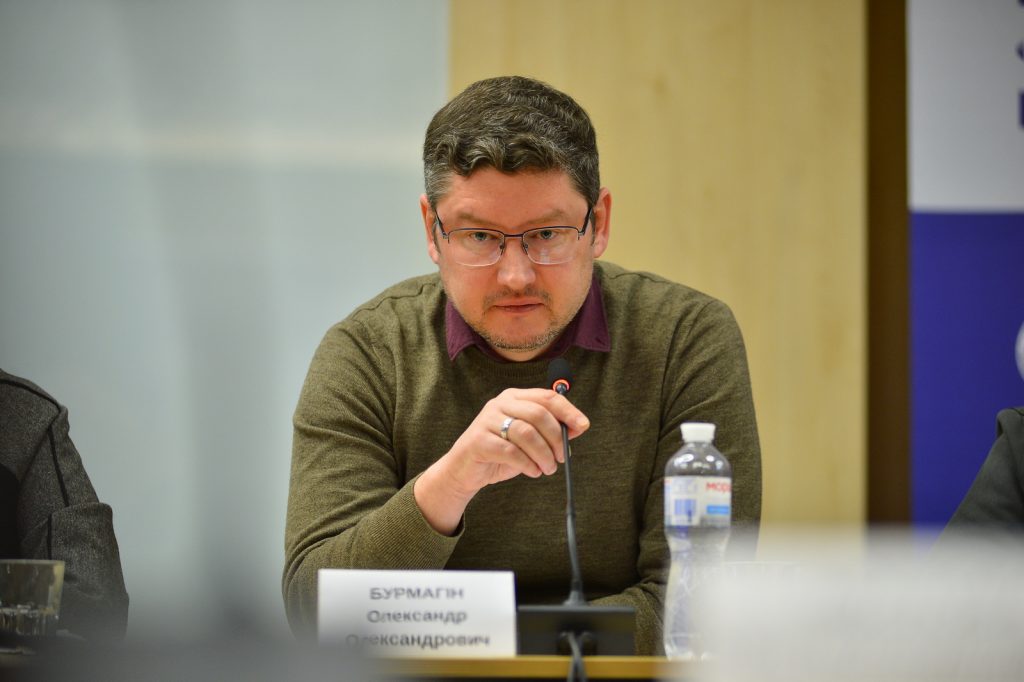
Oleksandr Burmahin, a member of the National Council of Ukraine on Television and Radio Broadcasting, said that the issue of self-regulation should be decided primarily by journalists themselves. He spoke in more detail about some of the standards established by the Law On Media.
According to him, guarantees of state non-interference in self-regulation in accordance with key international standards appeared in the law for the first time. The law demarcated the sphere of joint regulation. Its purpose is to prevent censorship and avoid abuse of freedom of speech, i.e., direct regulation of the content of information by the state.
In addition, state support or social protection of journalists and a new duty of media workers to adhere to the code of journalistic ethics have been established.
“An ethical journalist is legally protected because our legislation contains enough guarantees that protect a professionally ethical journalist,” said Oleksandr.
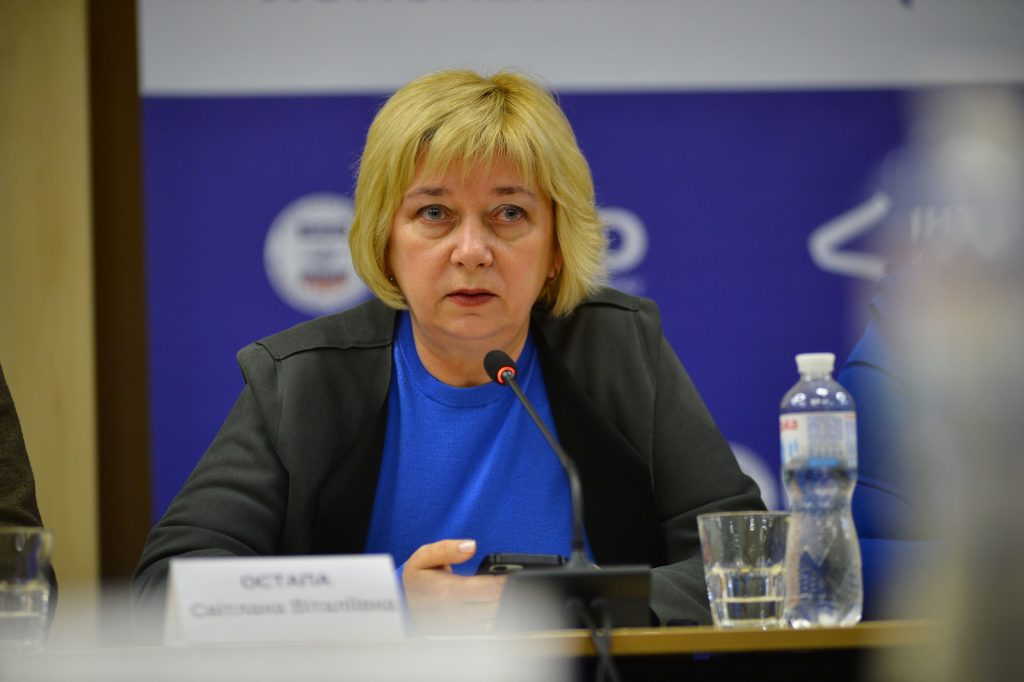
Svitlana Ostapa, the head of the Supervisory Board of the National Public Television and Radio Company of Ukraine, stated the difficulty in “ensuring balance” and observing journalistic standards when it comes to the enemy.
According to her, journalists are currently facing many factors that prevent the creation of quality material: self-censorship, low coverage of registers, refusal of state bodies or local self-government bodies to answer certain (“classified during the war”) questions, etc.
“If earlier the media was blurred by blogging, now it is by Telegram. Journalists are constantly scolded for not supporting ethics, while anonymous Telegram channels are outside the scope of regulation of the code in general,” Svitlana Ostapa also emphasized.
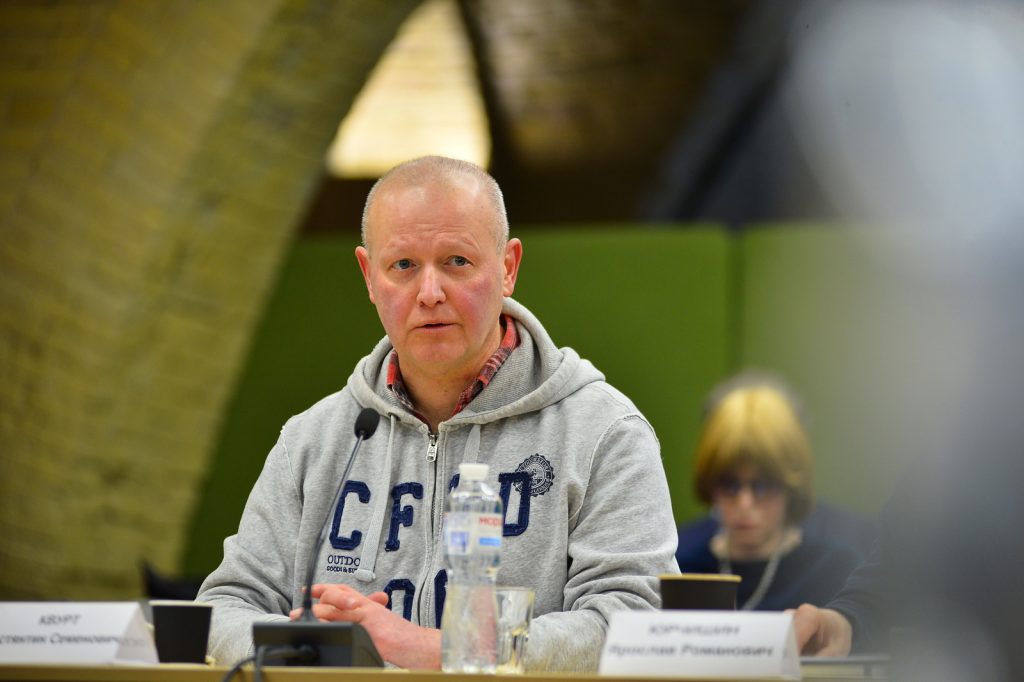
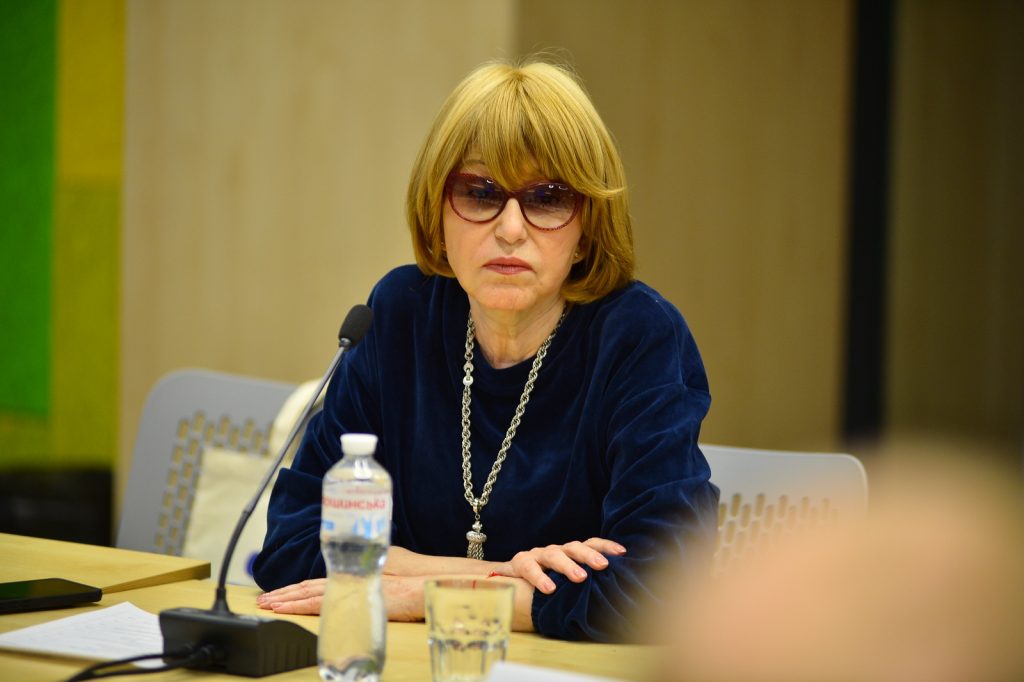
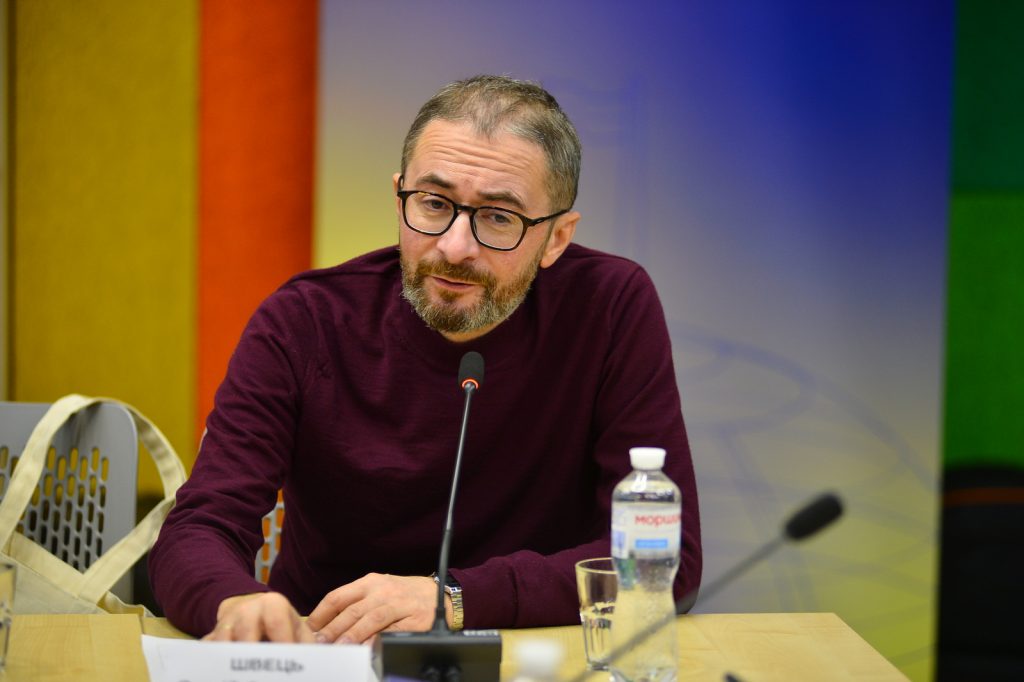
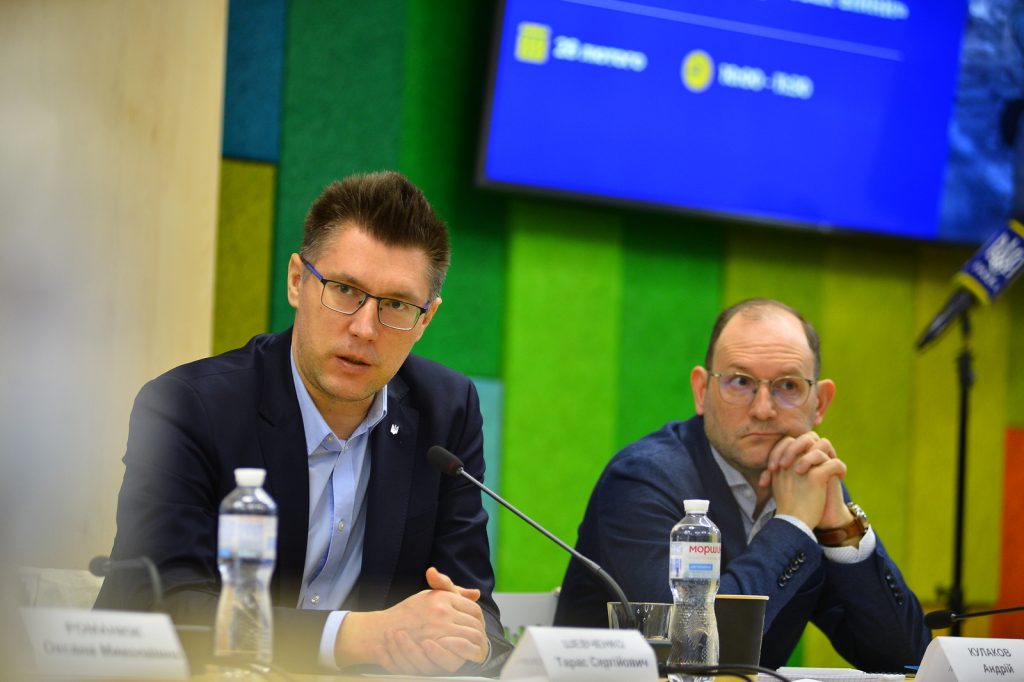
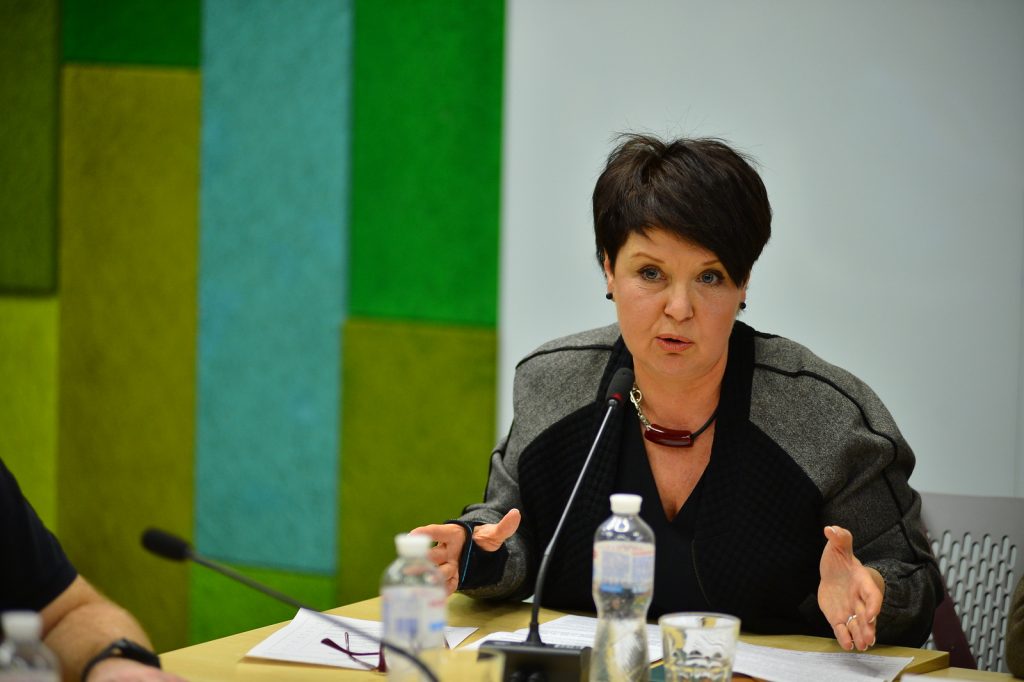
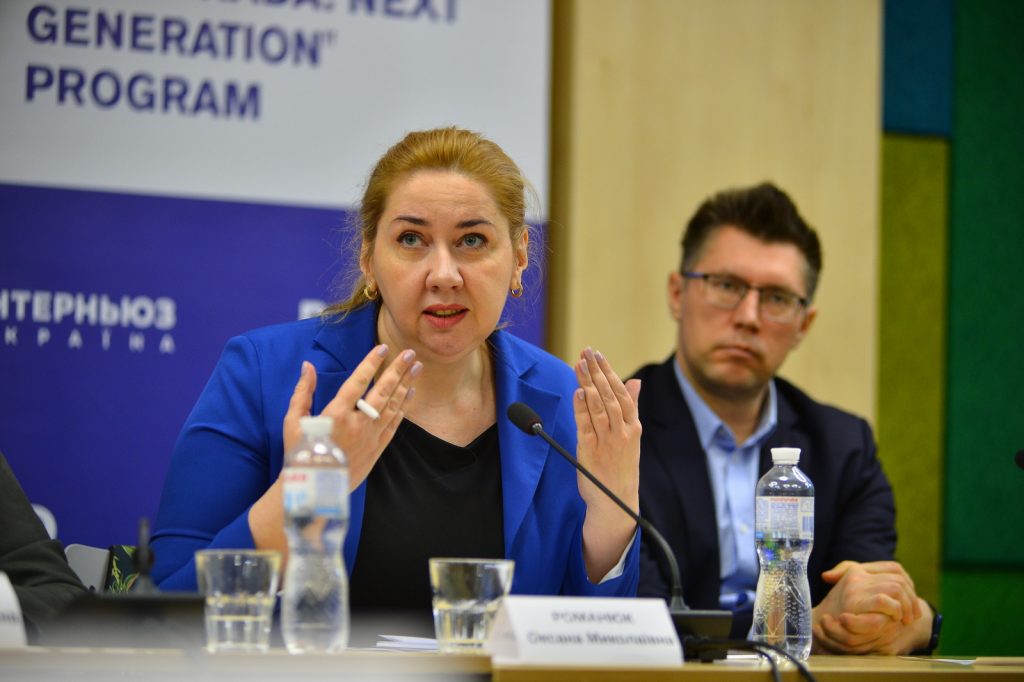
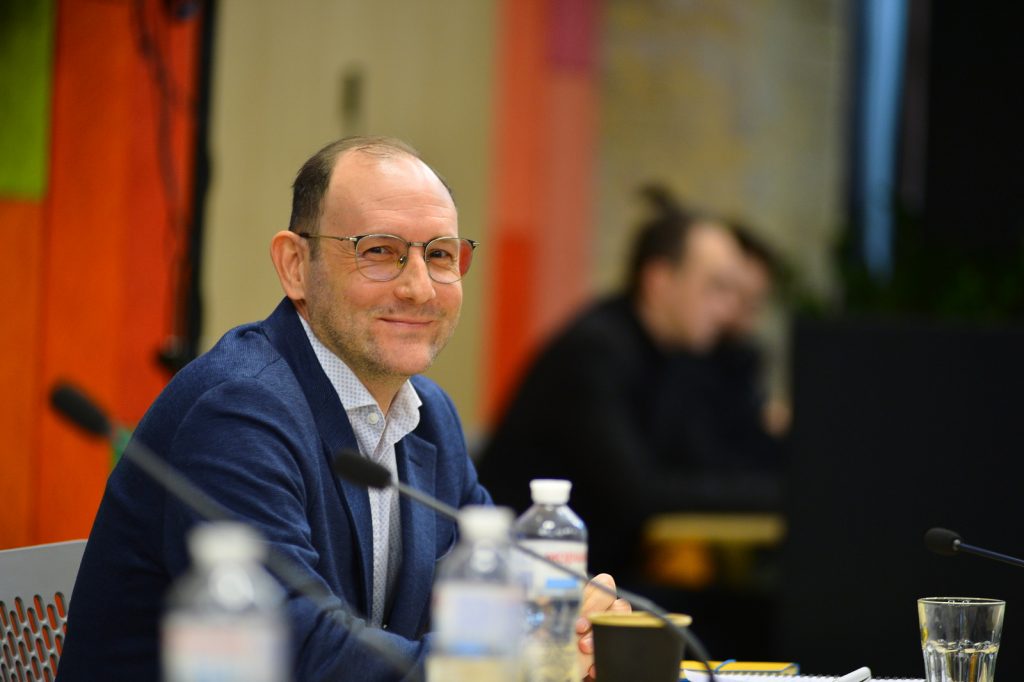
Representatives of the media community, government, and public institutions also took part in the roundtable: Board Chairperson of the Internews-Ukraine non-governmental organization Kostiantyn Kvurt; GR-advisor of the USAID program RADA: Next Generation, Andrii Shevchenko; Program Director of the Internews-Ukraine NGO and communications director of the USAID RADA: Next Generation program, Andrii Kulakov; Deputy Minister for European Integration Taras Shevchenko; Executive Secretary of the National Council of Ukraine on Television and Radio Broadcasting, Olena Nitsko; Director of the Institute of Mass Information NGO, Oksana Romaniuk; and Deputy Director of the Center for Democracy and Sovereignty, Ihor Rozkladai.
NUJU Information Service

 THE NATIONAL UNION OF
JOURNALISTS OF UKRAINE
THE NATIONAL UNION OF
JOURNALISTS OF UKRAINE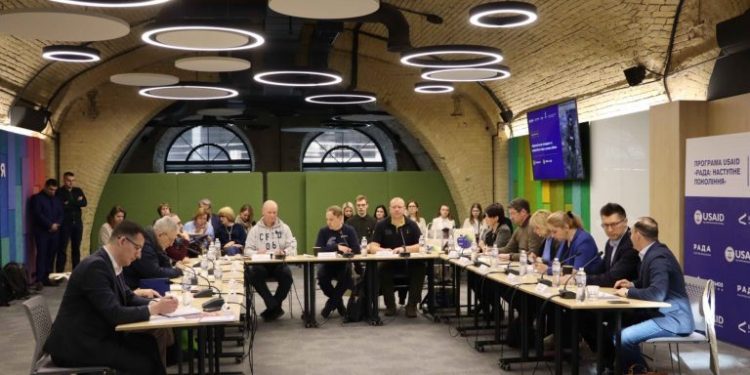
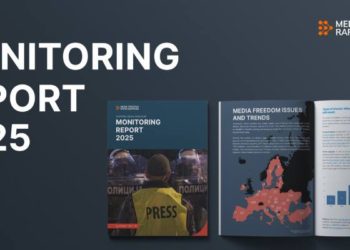
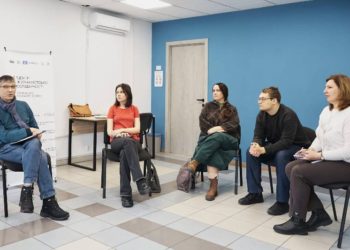
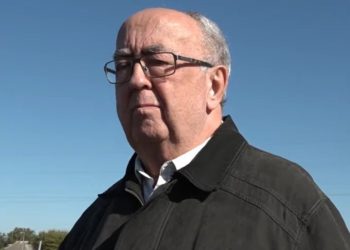













Discussion about this post